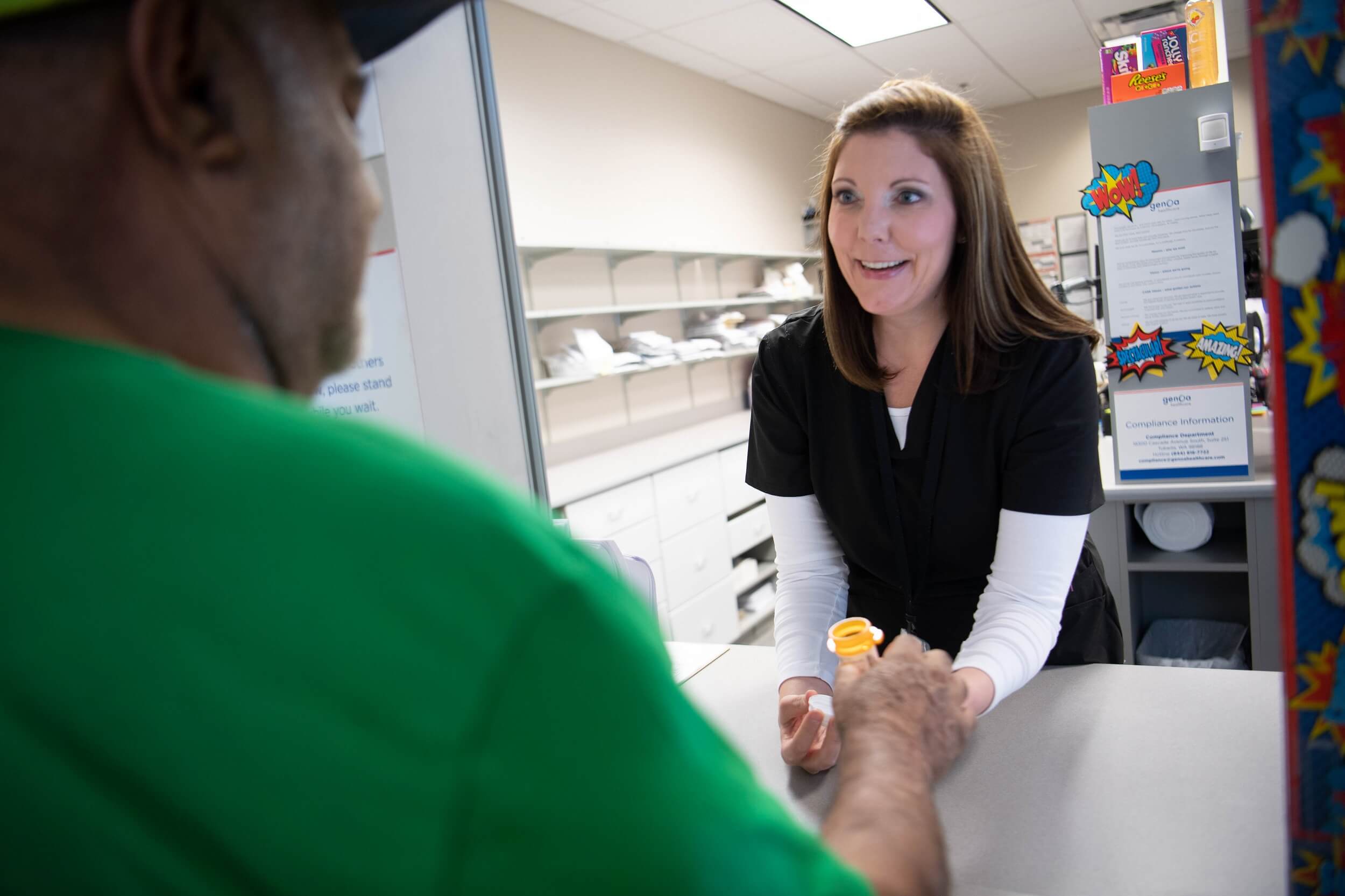Bipolar Disorder & The Pandemic
Marking World Bipolar Day to raise awareness and acceptance of bipolar disorder takes on special significance this year during the COVID-19 pandemic. Uncertainty about the disease and the social distancing required to slow its spread can deepen feelings of stress and isolation, particularly for those with mental illness. Research shows that for those living with bipolar disorder, sustained stress can have a serious negative impact.[1]
Self-care and maintaining familiar routines can ease stress and anxiety, according to the National Alliance on Mental Illness. Sticking with one’s medication regimen is also critically important, as straying from treatment can result in hospitalizations, emergency room visits and other negative outcomes. To be considered adherent, individuals must take at least 80% of their medications as prescribed. The average person living with bipolar disorder is only 41% adherent.[2]
Pharmacy Times recently published an article about the crucial role pharmacists can play in improving adherence for those living with bipolar disorder. Genoa Healthcare pharmacist Zenia Tal, PharmD, RPh said in the article, “Bipolar disorder is a lifelong condition, and I see my role in providing medication therapy management as helping empower patients to be as healthy as possible.”
Read the full article here to learn how pharmacists and medication management can play a key role in consumer care.
[1] https://www.psychologytoday.com/us/blog/bipolar-you/202003/surviving-bipolar-disorder-during-the-covid-19-pandemic
[2] Garcia S, Martinez-Cengotitabengoa M, Lopez-Zurbano S, et al. Adherence to antipsychotic medication in bipolar disorder and schizophrenic patients. J Clin Psychopharmacol. 2016;36(4):355-371. doi: 10.1097/JCP.0000000000000523.





